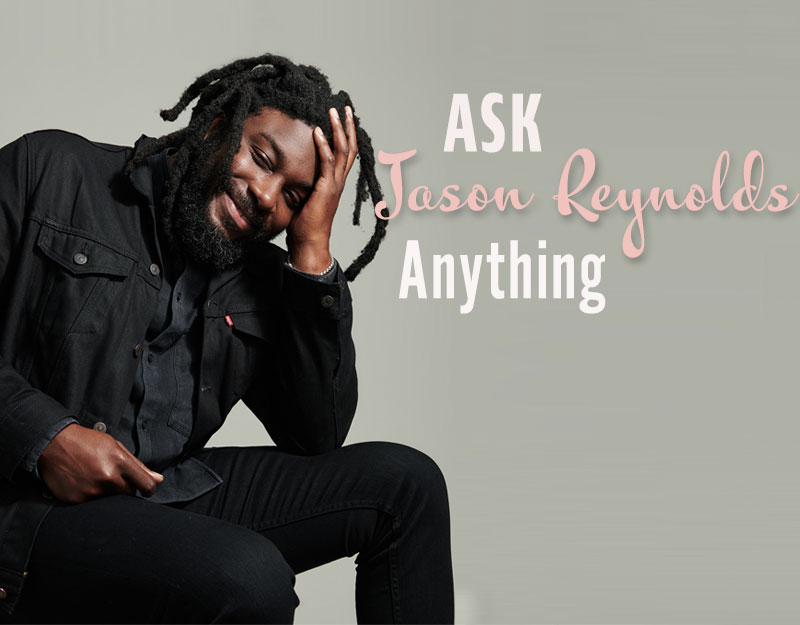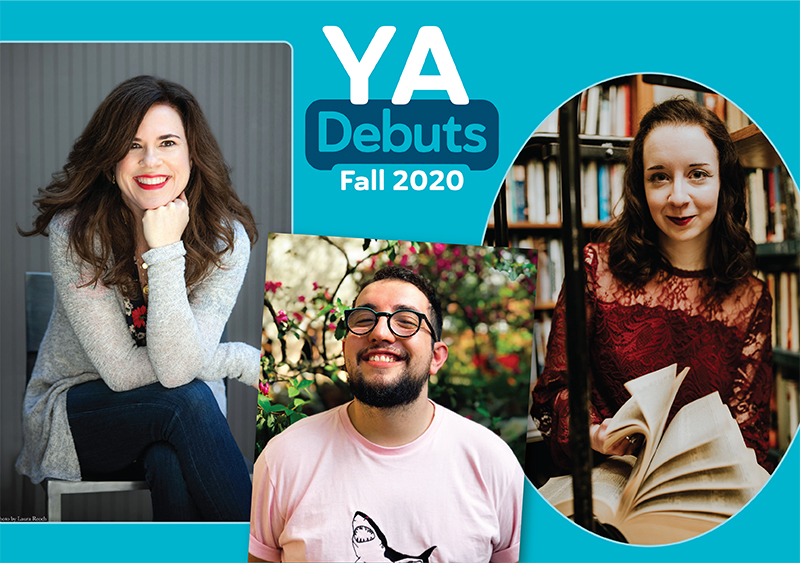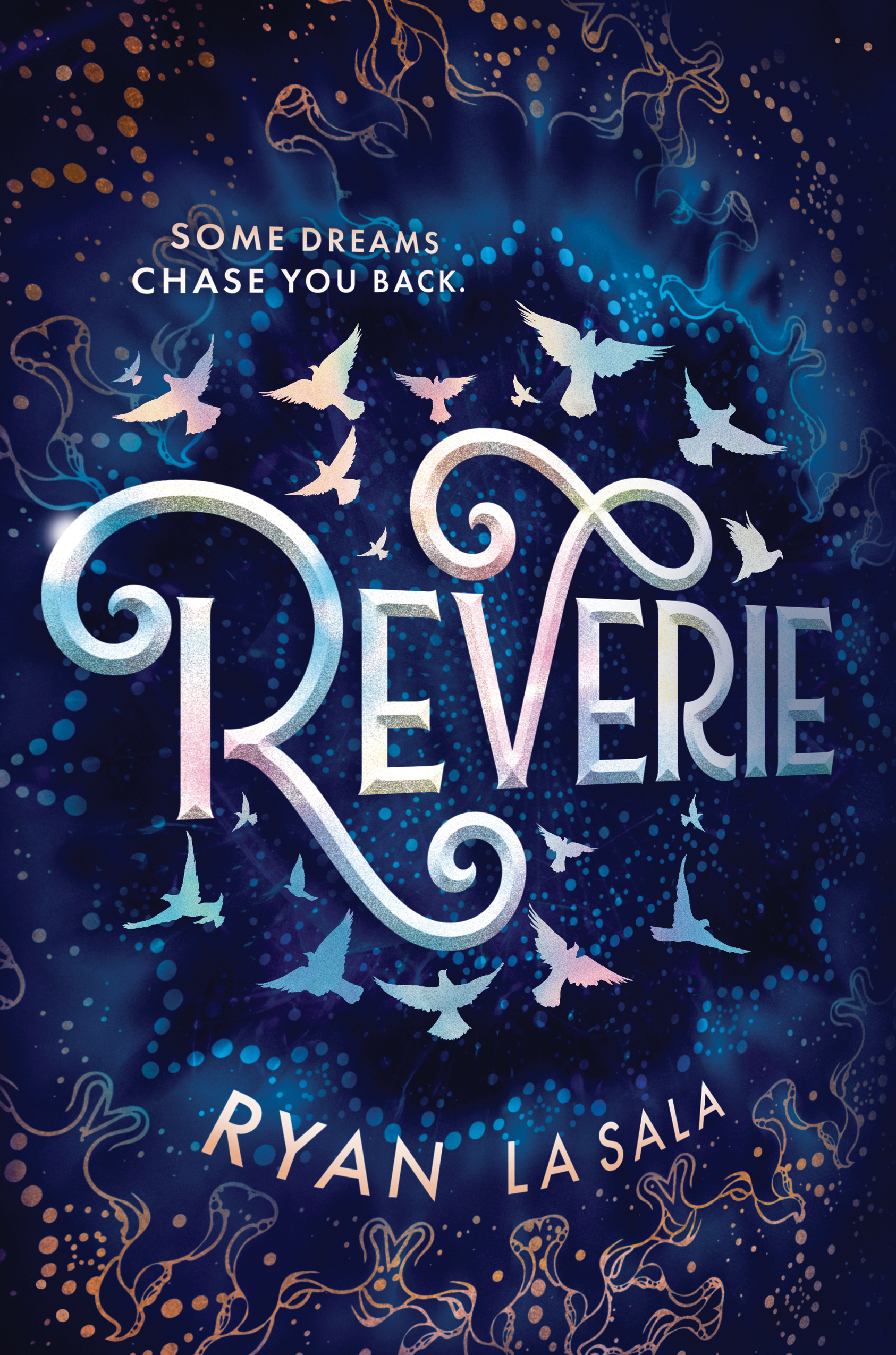What Not to Do at a Teen Writing Workshop a guest post by Heather Cumiskey
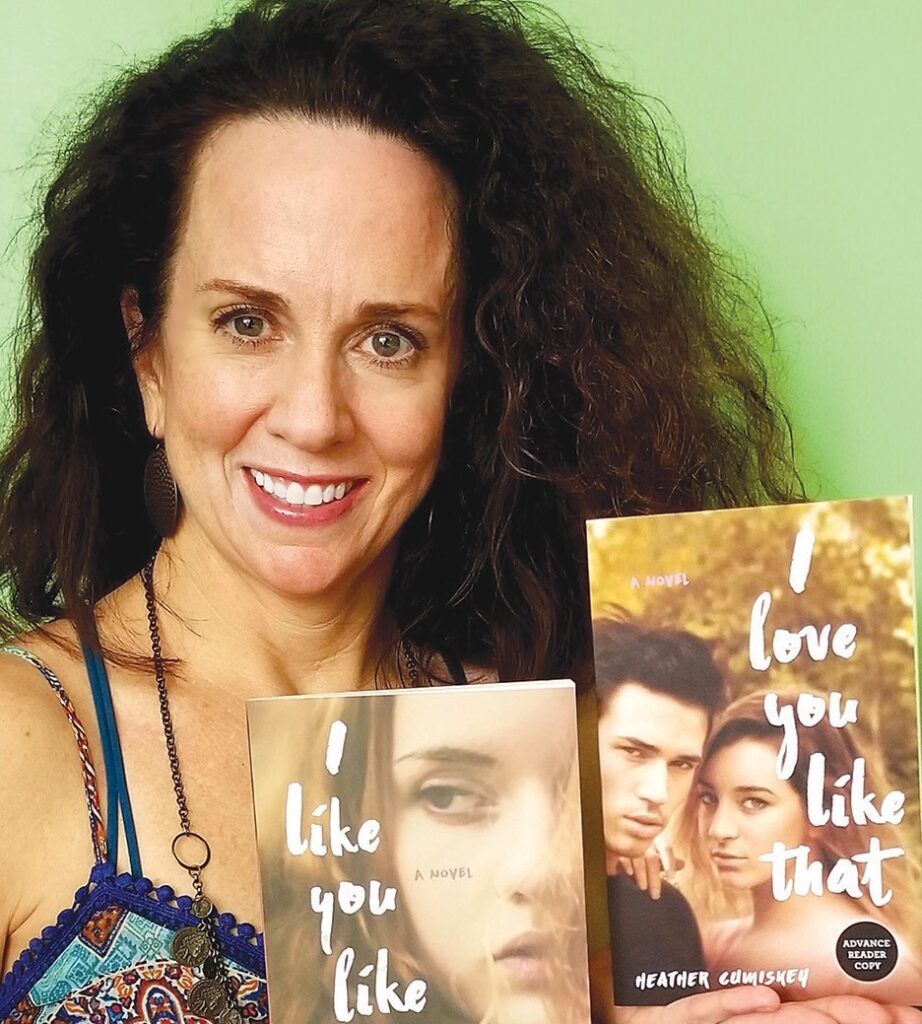
One of the unexpected rewards of becoming an author is being invited to talk to teens about writing. There’s nothing better than encouraging young people and adults to believe in their work and the story they are meant to tell. Here are some tips I’ve learned along the way. For instance, try not to . . .
Cover too many topics
My first workshop was at a local bookstore chain. I was instructed to divide my talk into five topics: genre, plot, characters, tone and voice, and setting. I quickly discovered that it was a lot to pack into a workshop and keep participants engaged. Teens lead busy lives; they also log in a lot of hours at school. Your workshop shouldn’t feel like another day in English class. Today, when I plan a workshop, I discuss one or maybe two of those elements. I feel out the group and see what they are looking to accomplish in their writing and take it from there.
ADVERTISEMENT
ADVERTISEMENT
Attempt to be an expert in what they’re reading
As a fan of YA contemporary fiction, I knew that my repertoire was seriously lacking in other genres like Sci-Fi, fantasy, and dystopian. I thought that I needed to read as many YA books as I could to prepare for my workshops. Ridiculous, I know. It’s impossible to gauge what your groups’ taste in genres will be. They are usually all over the place, and that’s a good thing.
You don’t need to have read the same book to discuss the elements of writing. Instead, ask what they liked about the story, about the author’s choices, and what made the characters memorable. You’ll see their faces light up. What they admire in a story are usually elements they desire in their own writing. Now you have a path to go down.
Expect that only teens will show up
The group that showed up at my first workshop ranged from elementary to college age. Yes, college. Parents, some of them closet writers, also attended. Now what? Try pulling out the commonalities. Start by asking what kinds of writing they like to do and their favorite genres. Writing prompts are also a great way to unify the group and get them talking.
Once at a workshop, an elderly gentleman walked in midway because he thought a workshop about “Finding Your Voice” would improve his public speaking skills. I managed to pull him into the conversation. Turns out he wrote poetry on the side. Meet your writers wherever they are in that moment, on that particular day. No matter their age, they all want to make strides in their writing.
Talk the whole time
I used to script my earlier workshops because I was afraid of running out of things to say. I also spoke too quickly and didn’t pause to let information float a bit before jumping on the next idea. I was basically talking at them.
Workshops are a whole lot more interesting when you treat them like a conversation and not a lesson plan. Depending on the group, let the discussion flow naturally. Begin by asking what it is they want to get out of the workshop. Where are their heads at? Are they feeling stuck?
I encourage the feedback and I love it when the sidebars happen between writers. I’ve learned to be okay with the blank space and don’t try to fill it up. When I give them room to process, that’s when the questions come up and the conversation takes on a new direction.
Think that the participants like one another
Sometimes teens at a workshop simply don’t like one another. They can be unintentionally critical or afraid to give their opinion because the classmate they loathe from second period is now sitting next to them. If it’s a public setting, age disparity can also contribute to the quiet indifference.
Set the expectations early on, something like, “Every writer in this room shares the same frustrations and fears when it comes to putting themselves out there. This is a safe place to share work and ideas. So be kind. Be respectful. We’re all in this together.” Another tip is for feedback to begin with two positives followed by a negative and/or a suggestion. It’s much easier to receive constructive criticism in this way.
Come with expectations
When writers share their work, it can lead to emotionally charged moments. It stirs up feelings among peers that can either be uplifting (Wow, you feel that way too?) or down right crushing (Your story sounds like something I’ve read before). Ouch.
ADVERTISEMENT
ADVERTISEMENT
Once at a high school workshop, a girl stood up and shouted, “I’m a fake, I don’t belong here!” I told her that I felt the same way and that we all feel like fakes to which the other teens in the room nodded. I emphasized that she did belong. She left anyway.
More often though, teens are amazingly supportive of one another and are willing to take chances. Like the time a writer sang the most unforgettable, thought-provoking lyrics that we were all left with chills. It was thrilling.
Think that you know why they are there
Once the workshop is over, the real stuff tends to surface, like mini one-on-one confessions:
“My parents don’t know I’m here . . .”
“I’m currently being or have been bullied . . .”
“I detest my English teacher because . . .”
“I have a book in me, but . . . (insert a billion excuses)”
Often times, away from the group is where the real talking begins. Leave room for it. Be accessible afterward for them to tell you whatever is on their mind. It’s usually a lot. And I’m always grateful that they trust me to share it.
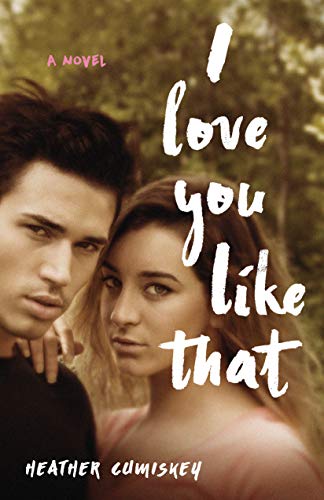
Heather Cumiskey is an award-winning writer and author. I Love You Like That is the second book in the poignant YA duology about addiction, peer pressure, and first love. Connect with her at HeatherCumiskey.com
Filed under: Uncategorized
About Robin Willis
After working in middle school libraries for over 20 years, Robin Willis now works in a public library system in Maryland.
ADVERTISEMENT
ADVERTISEMENT
SLJ Blog Network
One Star Review, Guess Who? (#202)
This Q&A is Going Exactly As Planned: A Talk with Tao Nyeu About Her Latest Book
More Geronimo Stilton Graphic Novels Coming from Papercutz | News
Parsing Religion in Public Schools
ADVERTISEMENT




